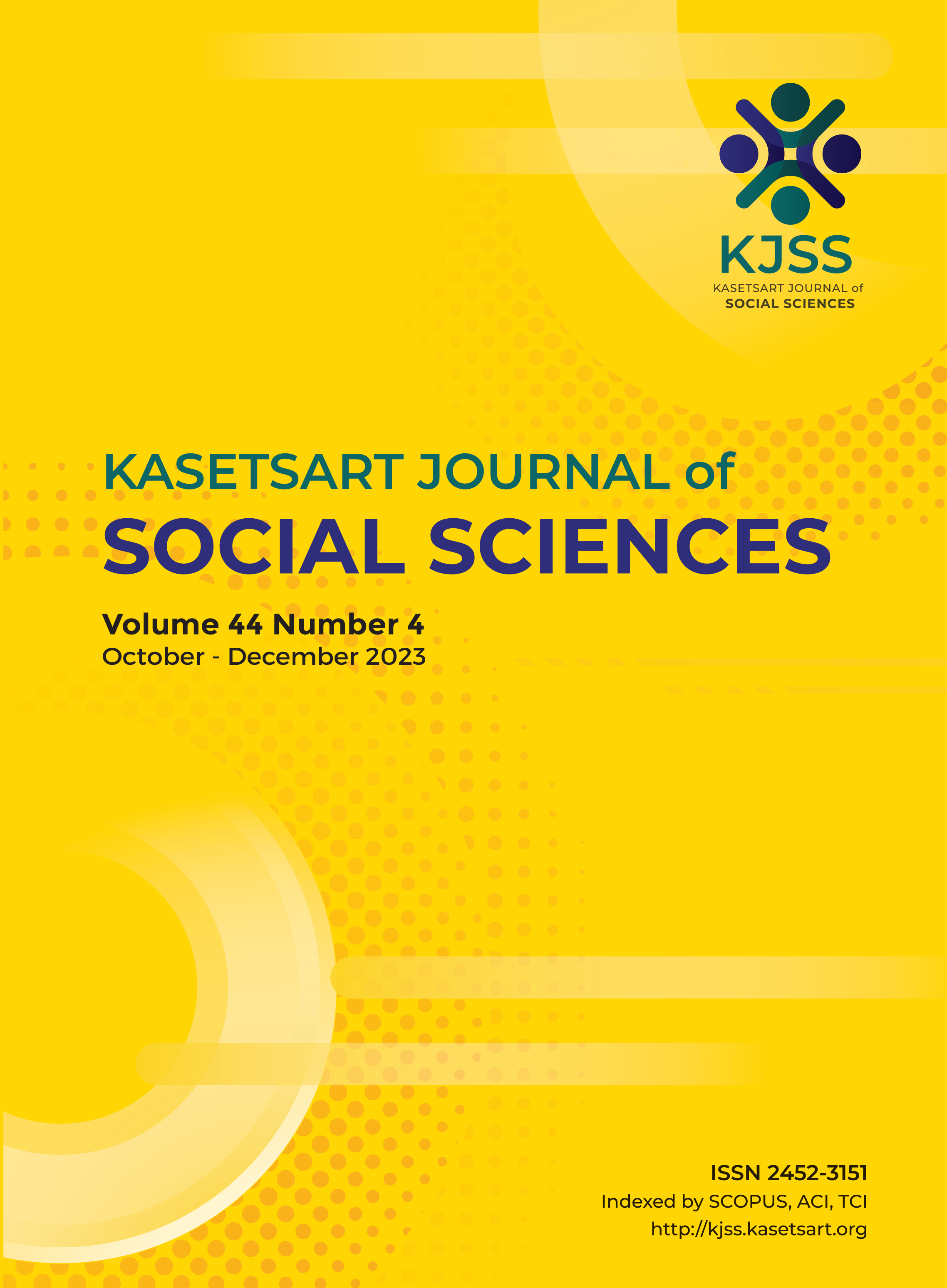The effect of online learning engagement improvement in a gamification environment using the Gamiplus application
Keywords:
engagement, gamification, Gamiplus, online learning, satisfactionAbstract
The purpose of this research was to study the effect of learning engagement in a gamification environment and learner satisfaction using the Gamiplus application. The sample was a total of 33 students of the Faculty of Education, Thonburi Rajabhat University, Thailand. The tools used in the experiment were the: (1) Self-assessment form for learning engagement; (2) Learning engagement rubric; (3) Gamiplus application; and (4) Questionnaire for satisfaction towards learning with Gamiplus. The self-assessment form had a reliability of .960. The learning engagement rubric had a positive statistically significant Pearson correlation coefficient at .05 (rxy = .982). Data were analyzed using the dependent t-test statistical analysis and one-way repeated measure ANOVA scores of the 1st, 3rd, and 5th trials. The results showed that: (1) the mean score of learning engagement from the self-assessment form after the experiment was statistically significantly higher than before the experiment at .05; and (2) the one-way repeated analysis of variance found that the mean score of learning engagement in each study was statistically significantly higher at .05, and the overall learners’ satisfaction was at a high level (M = 4.45, SD = 0.71).
Downloads
Published
How to Cite
Issue
Section
License

This work is licensed under a Creative Commons Attribution-NonCommercial-NoDerivatives 4.0 International License.
This is an open access article under the CC BY-NC-ND license http://creativecommons.org/licenses/by-nc-nd/4.0/










